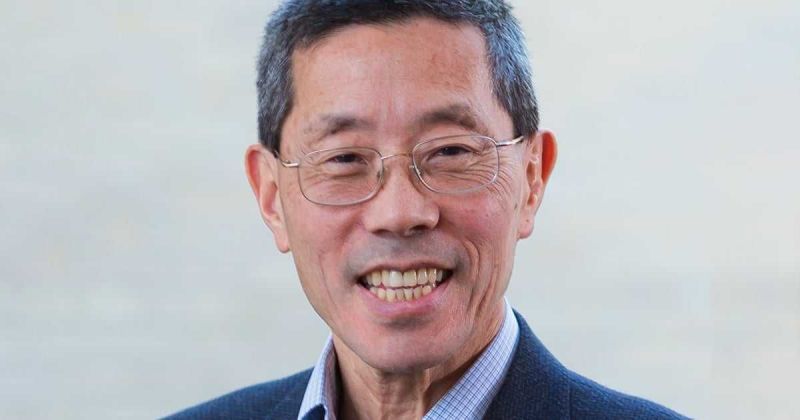Sep 19, 2024,06:30am EDT
Massachusetts Institute of Technology (MIT) professor Yet-Ming Chiang, an avid fisherman, noticed significant changes in the species found in New England waters during the early 1990s, such as the shift from catching lobsters to mahi-mahi off Cape Cod, highlighting the palpable impacts of climate change. This observation catalyzed Chiang, inspiring him to leverage his research for practical applications, leading to the creation of ten startups, eight of which focus on energy and sustainability.
Chiang’s ventures include Form Energy, which secured nearly $1 billion for its innovative iron-air battery technology, and Sublime Systems, which received $87 million from the Department of Energy in April to construct a commercial plant for low-carbon cement production. Chiang’s efforts exemplify the urgency of addressing the climate crisis and his ventures offer tangible solutions, earning him a place on Forbes’ inaugural Sustainability Leaders list. His extensive portfolio, consisting of 110 patents and over 300 scientific articles, predominantly focuses on battery technology and electrochemical production of industrial materials.
Chiang, a 66-year-old immigrant from Taiwan, has been a part of MIT since he was an undergraduate and has dedicated his entire academic career to solving energy issues, particularly focusing on climate and sustainability in recent years. Known for his pioneering work in battery technology, Chiang has co-founded several companies, including his first, American Superconductor, in 1987, and more recently, ventures tackling challenges in green cement and electric aircraft engines.
Despite the bankruptcy of his first battery company, A123 Systems, in 2012, the technologies developed continue to influence the industry, demonstrating Chiang’s lasting impact on energy and sustainability sectors. His latest endeavors aim to revolutionize industries still reliant on high-emission processes, such as the production of cement and critical minerals essential for electrification.
Chiang’s recent projects also explore the potential of geologic hydrogen as a new primary energy source and the development of more environmentally friendly mining processes. His work not only advances technological innovations but also fosters a new era of industrial decarbonization, reimagining centuries-old technologies and processes in the fight against climate change. Chiang remains a pivotal figure in material science innovation, driven by a commit

